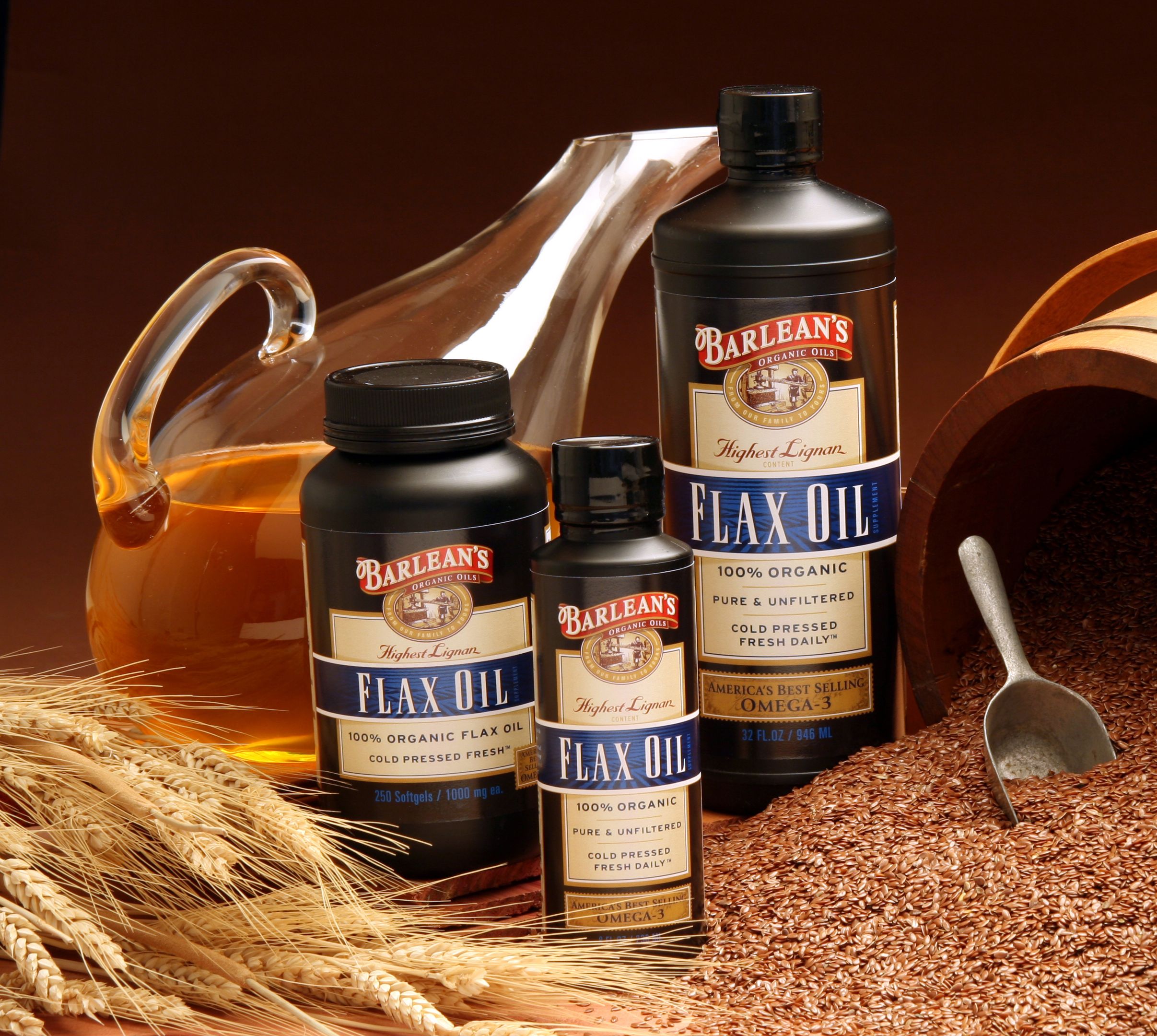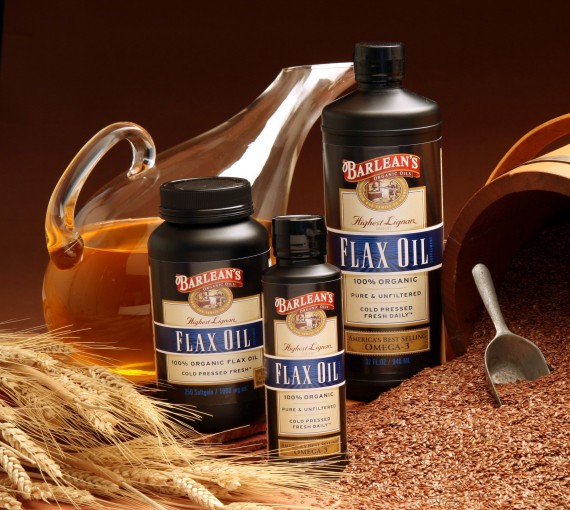
Hi Lyle,
Thank you for your June article on flax oil. I was hoping you could answer some further questions on the topic. I’ve read several purported benefits of flax oil supplementation – Dan Duchaine has stated that the EFA’s in flax oil may have protein uncoupling properties (I know you have experience with that other protein uncoupler – DNP!). I’ve read abstracts that show omega3’s, 6’s, 9’s improve insulin sensitivity. Also, a few people have claimed flax oil selectively improves insulin sensitivity and glucose disposal in muscle cells while minimizing in fat cells. Since most diabetic drugs improve storage in muscle and fat cells, this flax oil stuff sounds like a great, inexpensive supplement! Can this actually aid in fat loss? If flax does have protein uncoupling properties, wouldn’t more be better (as long as you have a “proper” diet and no excessive caloric intake)? Also, do the lignans in flax have estrogenic or anti-estrogenic effects?
First, I want to apologize for taking so long to answer this question.
I want to first say that I haven’t had a ton of time to read all of the EFA research (been too busy looking at ketogenesis of course) so all I can go buy is some anecdotal experience and what I’ve read in THE book on EFA’s which is “Fats the kill, fats that heal” by Udo Erasmus.
Anecdotally, it does seem as if substituting some of your normal fat intake with EFA’s aids in fat loss. In fact, it’s a strategy I recommend for individuals who hit a plateau on the CKD. In general, the individuals who do this seem to lose fat a bit more effectively, and some mention an increased feeling of warmth.
Additionally, I have one paper that looked at very high doses of fat (I’m talking 600 grams per day) on a ketogenic diet and the subjects lost more weight/gained less weight when they consumed corn oil (high in the EFA linoleic acid) but not when they consumed olive oil (low in EFA’s). In this study, all subjects mentioned a feeling of warmth all over their body, which is suggestive of increased thermogenesis/uncoupling.
Now is more better? I think like anything it’s a matter of degrees. First and foremost, at some point, a larger and larger fat intake (even if it is EFA’s) will mean you’re consuming too many calories and fat loss will stop. Secondly, Erasmus has talked about the potentially negative effects of overconsuming any one EFA, in that the body can get an imbalance (i.e. too much can be just as bad as too little). So I think we’re looking for an optimum but I’m not sure if anyone can say what it is.
As to the lignan issue, I had to farm that question out to a biochem nerd friend of mine who has done much more research into androgen/estrogen stuff than I’ve had time to do. She said that the answer is yes, meaning that lignans can have both estrogenic and anti-estrogenic potential depending on what tissue it is studied in and a whole host of other factors. However she said that any effect (good or bad) is likely to be small so I don’t think it’s worth worrying about. According to Erasmus, unless you’re eating raw flax, the lignan content of flax oil is fairly low, maybe 1% so you’d have to work hard to get enough lignans to have an effect either way.

About the author
Lyle McDonald+ is the author of the Ketogenic Diet as well as the Rapid Fat Loss Handbook and the Guide to Flexible Dieting. He has been interested in all aspects of human performance physiology since becoming involved in competitive sports as a teenager. Pursuing a degree in Physiological Sciences from UCLA, he has devoted nearly 20 years of his life to studying human physiology and the science, art and practice of human performance, muscle gain, fat loss and body recomposition.